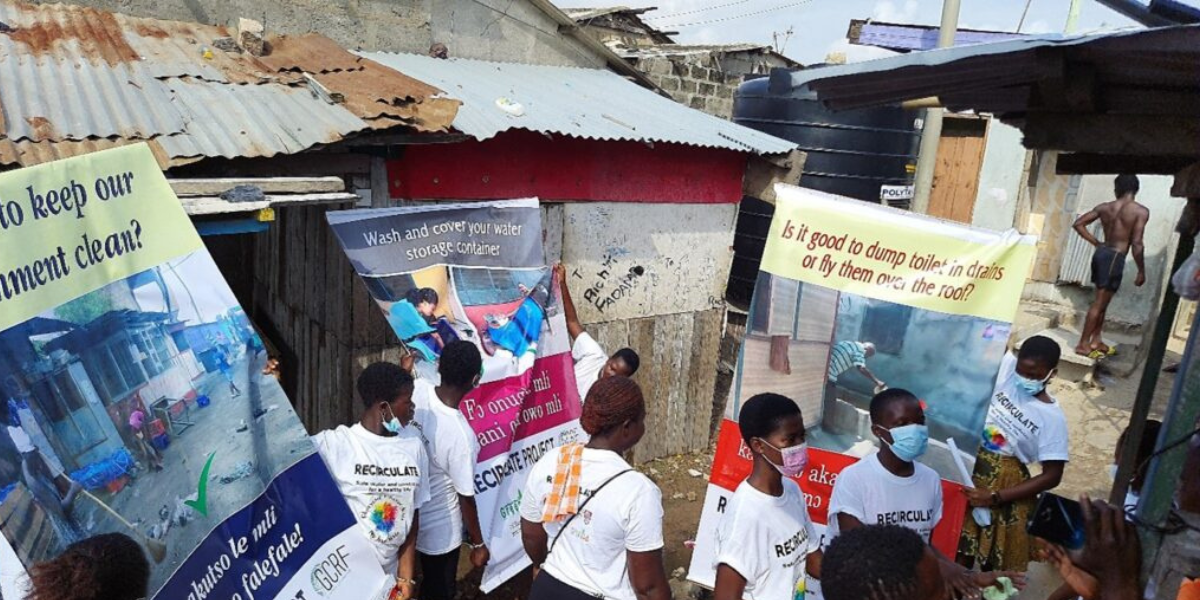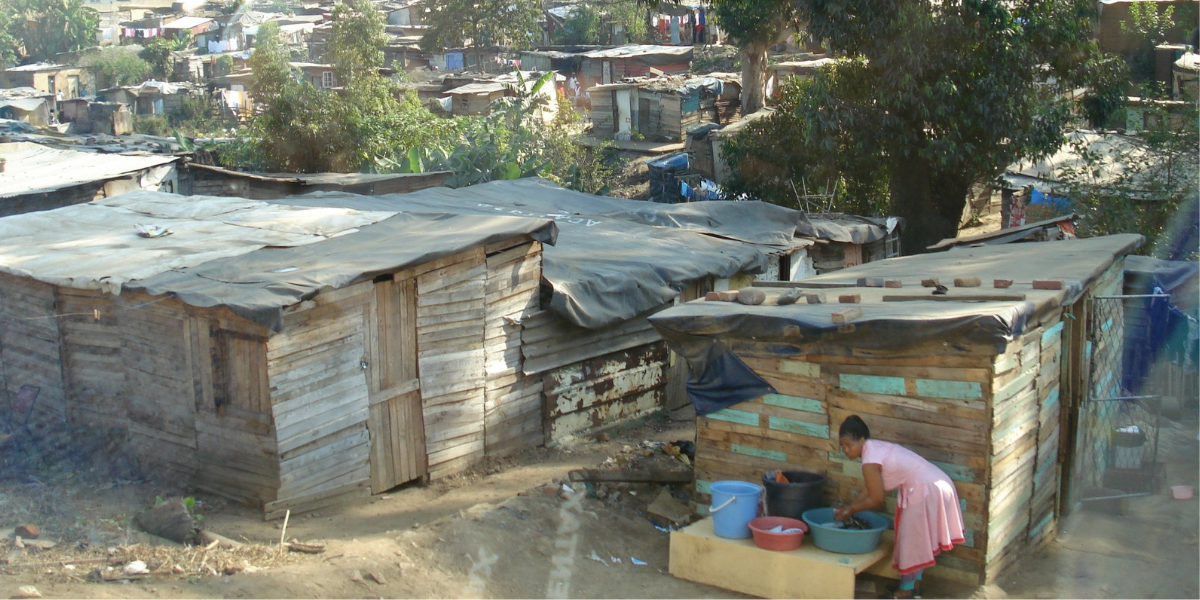
In April 2021, the focus of our PARTICIPATE engagement was partnerships, and more specifically international partnerships and collaboration. On 28th April our International Partnerships Webinar posed the question “Why are international/African research and innovation partnerships challenging and can it be made better?” and explored challenges and opportunities for research & business partnerships in Africa. Moderated by Dr Akan Odon and the RECIRCULATE team, the webinar featured specialists from Uganda, Nigeria and the UK. Each guest speaker shared their expertise in managing strategic partnerships followed by questions and interaction with the attendees.
Professor Steve Bradley (Deputy Vice Chancellor, Lancaster University, UK) discussed Lancaster University`s international objectives and international partnerships. Steve outlined some of the university`s international plans such as building a strong reputation overseas, internationalising the student experience, leveraging relations with geopolitically important and high quality institutions, and taking Lancaster “off campus”. He showcased Lancaster University`s partnerships portfolio and concluded his presentation with a guidance on how to engage in transnational education and lessons learnt.
Professor Simon Guy (Pro Vice Chancellor Global, Lancaster University, UK) reflected on the future of international partnerships at Lancaster University and “The Virtues of Digital”. Simon provided an overview our Lancaster University`s strategic campus partnerships delivering degree programmes & growing research. He also identified the role digitalisation play in LU`s international strategy and concluded with an overview of the university`s future plans.
Professor Lawrence Ezemonye (Nigerian Lead RECIRCULATE and Chair of Centre for Global Eco-Innovation University of Benin, Nigeria) shared his perspective on how academia can help industry to bridge “The Valley of Death”. Lawrence provided a brief overview of the graduate unemployment crisis in Africa and identified the mismatch syndrome as one of the reasons – the mismatch between graduate skills and those required for employees in the modern workplace. He then explored the disconnect between academia and industry and the role of the government. He ended his presentation with a list of current actions to close the gap.
Dr Felly Mugizi Tusiime (Head of Climate Change and Environmental Sustainability Program at Africa Innovations Institute (AFRII), Uganda) shared her experience and expertise in multi-layered research partnerships. Felly shared tips on how to establish and manage strategic partnerships and identified the role of the government in the academy-industry relationship. She also shared the story behind the successful commercialization of cassava and concluded with a list of AFRII`s partners.
Maximus Ugwuoke (C40 City Adviser for Lagos, C40 Cities, Nigeria) provided a better understanding of the strategic partnerships between African countries on the big agenda of climate change. Maximus started his presentation with an introduction to C40 and the case for city climate action. He also explored the unique partnership model behind C40 and identified five leadership standards – commit and plan, accelerate transformational action, go together, inspire others, shift markets. He ended his talk with an overview of the challenges ahead of C40 and the achievements made so far.
Dr Edu Inam (Director of International Centre for Energy and Environmental Sustainability Research (ICEESR), University of Uyo, Nigeria) explored challenges and opportunities in research-industry partnerships. Edu firstly provided a background of the ICEESR and its strategic partnerships with different organisations, amongst which was Lancaster University. She then explored existing opportunities and challenges using a SWOT analysis presenting strengths, weaknesses, opportunities, threats. She concluded by showcasing some of the activities and publications by ICEESR.




